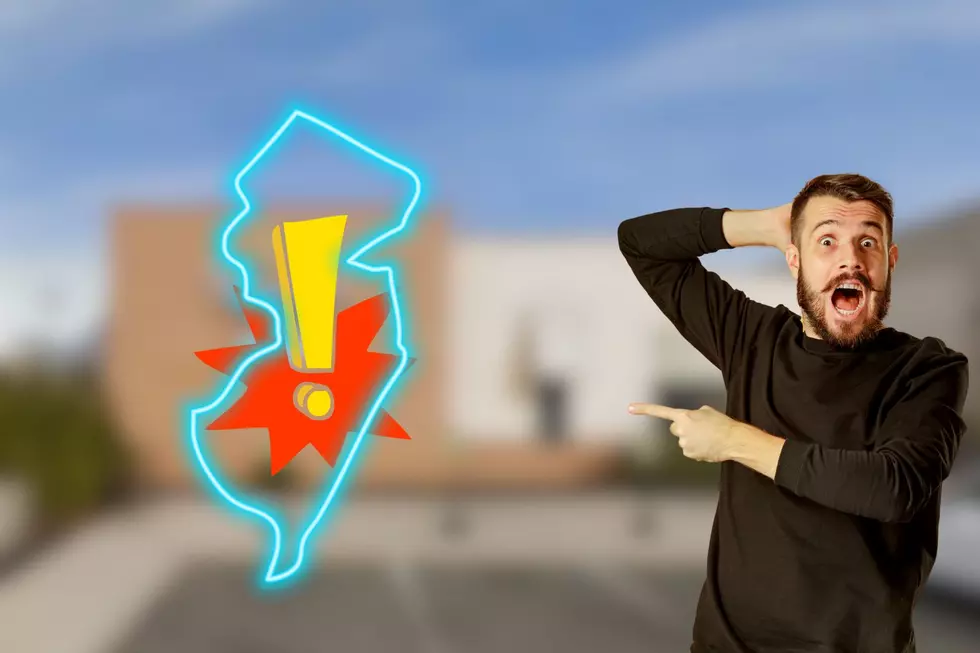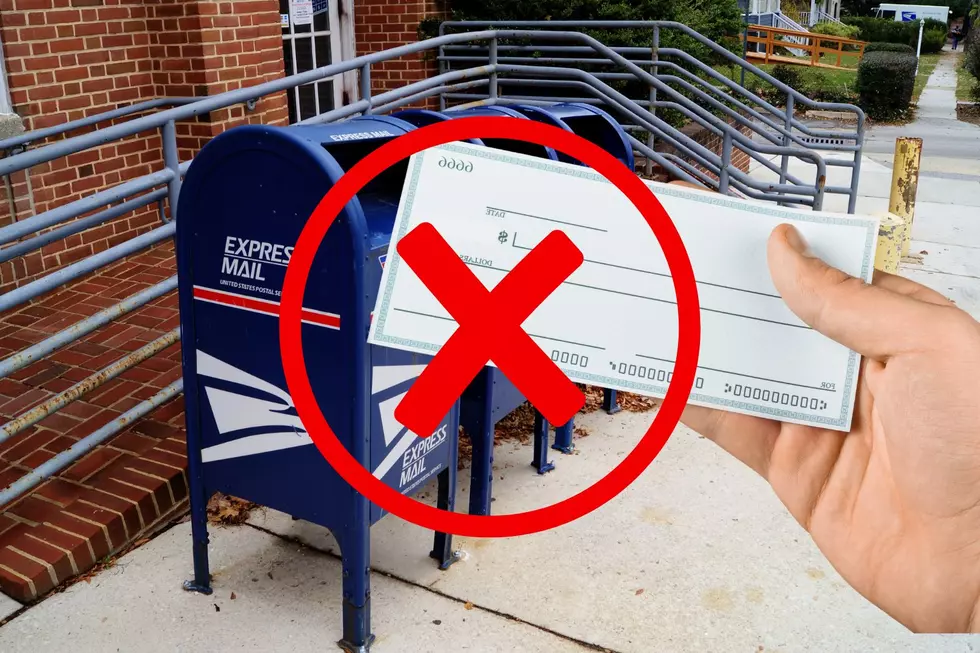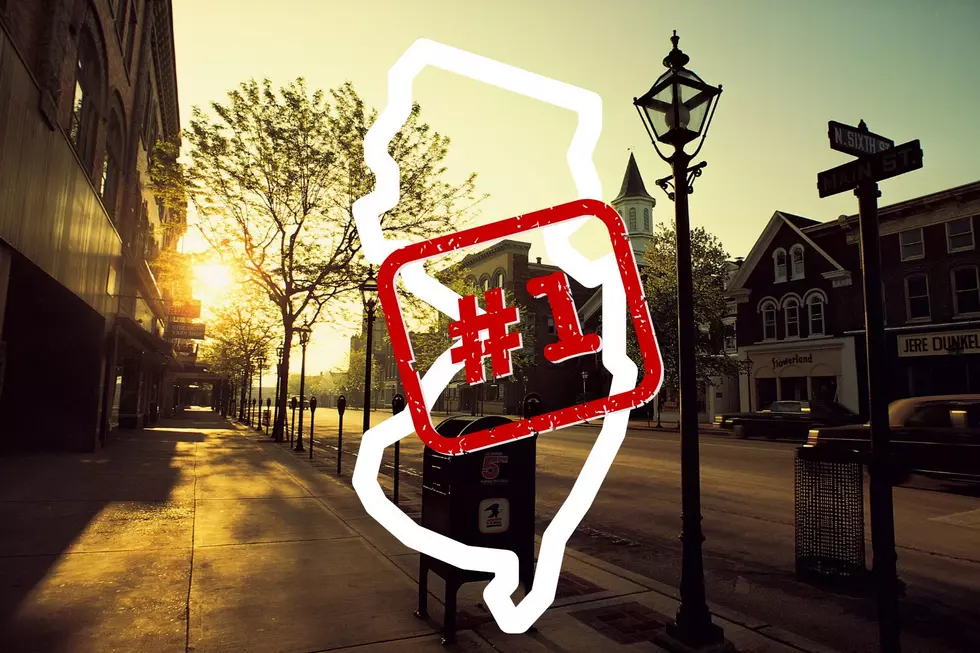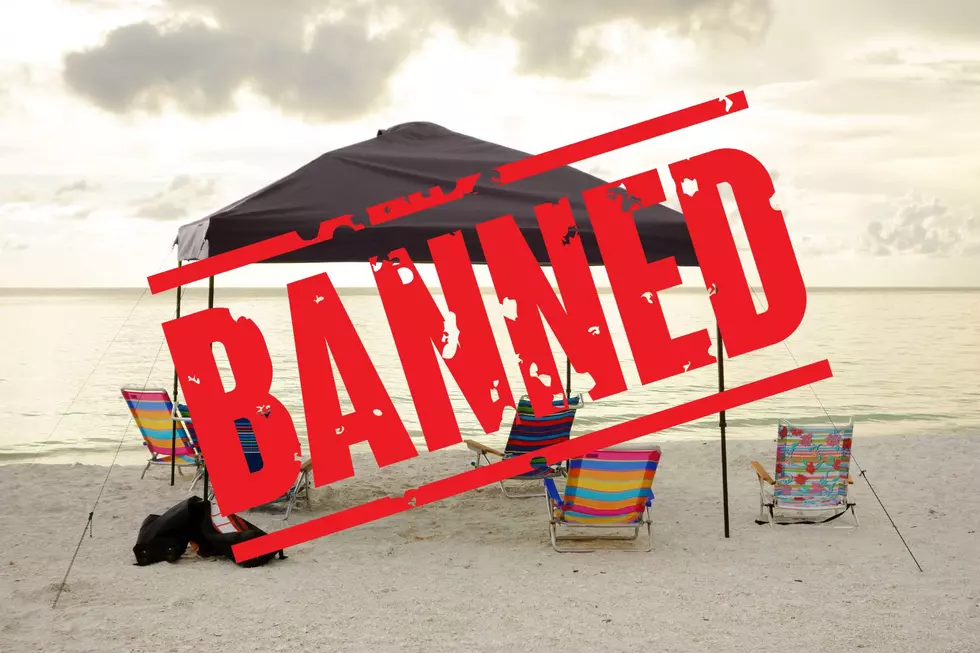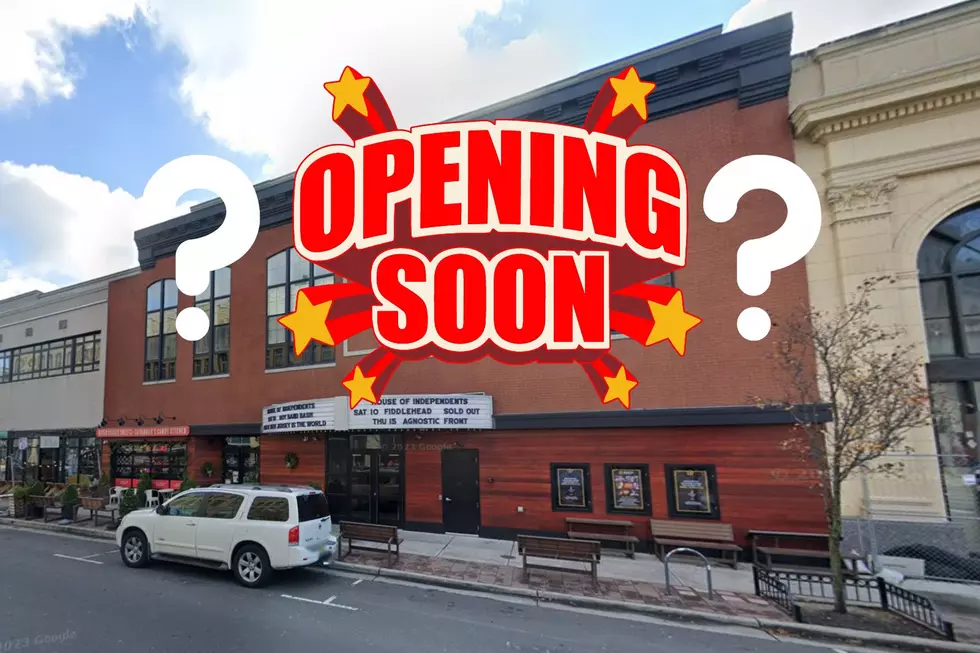
Killers who wipe out families: Can we see them coming?
As a man sits in a cell at the Monmouth County Jail accused of the brutal killings of his brother's family, many are wondering what would lead someone to commit such a heinous crime against his own family.
The Monmouth County Prosecutor's Office said it could be two years before Paul Caneiro goes to trial for the four killings. He is charged with not only attempting to burn down his own house in Ocean Township with his wife and children inside, but also setting fire to his brother's home after killing him, his sister-in-law and niece and nephew. He maintains his innocence.
This type of homicide is often called a family annihilation — a type of crime that is as heinous as it is not understood.
A representative for a domestic violence organization in the county said that while little is known about what led to the Caneiro killings, there can be warning signs people can watch out for in situations of domestic violence and family strife.
Janet Lee, of 180 Turning Lives Around, said some of the signs can be as outlandish as abuse of pets or as seemingly harmless as repeatedly canceling plans or losing interest in otherwise enjoyable activities.
A British study published in 2013 found that family annihilators, unlike other killers, often do not have a criminal record.
"For all intents and purposes these were loving husbands and good fathers, often holding down high-profile jobs and seen publicly as being very, very successful. They were simply not on the radar," one of the study's authors, David Wilson, told Wired.co.uk in 2013.
They study found there were four types of family killer: the self-righteous killer blames a mother or wife for a family breakdown; the disappointed killer feels let down by his family; the anomic killer sees the family as the symbol of their success and downfall; and the paranoid killer is motivated by the paradoxical urge to protect their family from an outside threat. The killers most often are men.
Prosecutors and police have said they they were not aware of any domestic violence incidents involving either Caneiro brother.
Lee said for people who either are victims of domestic violence or who could be the victims the best thing people around them can do is provide information and support. She also said that in many cases, domestic violence incidents start off small and eventually gets worse, though they don't necessarily reach the levels of people being killed.
"It starts off slow and subtle so that people don't say this is dangerous I've got to get out of here," she said. "It's something that creeps up on a person, and by the time that you realize it you blame yourself and you keep figuring out I'll have to figure out a way to change myself."
Though not to the same level as the Colts Neck killings, last year a Newark woman was shot and killed by a man who was also the father of her child. Kareem Dawson was charged with killing 28-year-old Tiffany Wilson after he had already been arrested twice on domestic violence charges.
Helping people in this situation can be "a very tricky thing," she said.
"You wouldn't want to do something that would get her or him into any danger, so in these cases we always advise that you just make sure that they know that there is help available and not try to figure it all out for someone," she said. "That's like somebody having trouble with drugs and alcohol. It won't work for somebody else to do it, but they do need information, they do need support, they do need someone who's not going to turn their back on them or most importantly blame them."
While 180 handles domestic abuse cases in Monmouth County, Lee said each of New Jersey's 21 counties has an agency tasked with helping victims in their towns. Her organization has a website, which also can be a gateway for people looking for information in other counties or other places around the state. For people outside of New Jersey there is also the National Domestic Violence Hotline, which also has a website including important contact information.
"We always recommend using a friend's computer, or perhaps a library computer because many abusers are very tech aware and have monitoring devices both on phones and home computers," Lee said.
As the Caneiro family continues to look for answers, Lee said people in her profession are looking at ways to help end domestic violence and similar crimes that affect so many people in New Jersey and around the country.
"You know how we end it? We prevent it," she said. "We teach young people how to have healthy relationships. We teach people what is abuse so that they can get out of it early, Not when there's mortgages and four children and incredibly depleted self esteem."
The domestic violence hotline for 180 is 1-888-843-9262. The organization also has a sexual violence hotline, which is 1-888-264-7273. There is also a hotline for children to call, which is 1-888-222-2228. The phone number for the national hotline is 1-800-799-7233.
More From New Jersey 101.5
More From 105.7 The Hawk
